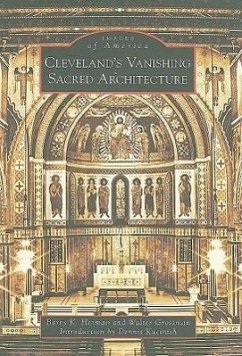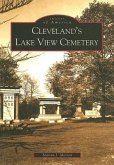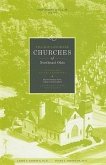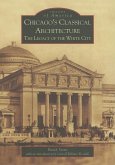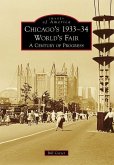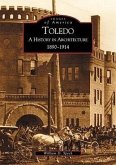As in other cities, Cleveland has developed through the evolution of its European ethnic neighborhoods and their various religions. Many of these neighborhoods built their own churches, which became the focus of community development and unity. For decades, these churches thrived, but the new millennium has brought with it huge changes in the economy. Large "membership" institutions, like the Catholic Church, have had to make the toughest of decisions--closing churches that were thought to be a permanent part of the local landscape. The authors of this book feel it is important to preserve the memory of these significant religious, cultural, and social institutions so that the current and future generations do not forget them. The pictures of these incredible places take on a whole new meaning when coupled with the fact that they will soon be gone. These pages celebrate the architecture, art, and artifacts of these sacred structures in high-quality photographs and explanations.
Hinweis: Dieser Artikel kann nur an eine deutsche Lieferadresse ausgeliefert werden.
Hinweis: Dieser Artikel kann nur an eine deutsche Lieferadresse ausgeliefert werden.

